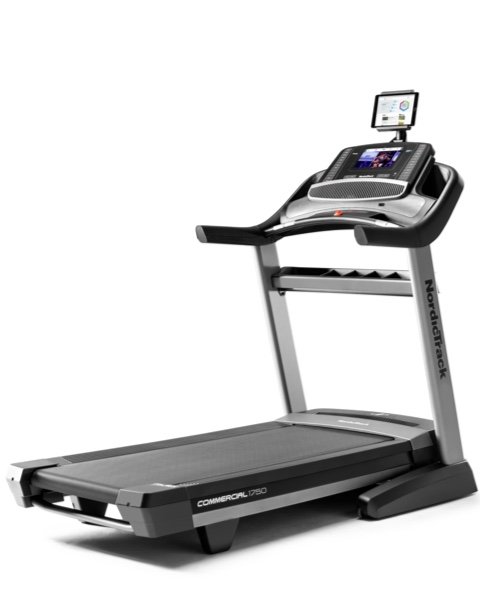Underwater Treadmills: A Variety of Useful Designs
The idea of underwater treadmills must have been a challenge for inventors since the problem of breathing was, um, an obstacle. Ditto for the person actually being weighted down enough to push a tread belt beneath their feet without floating and bobbing to the surface.
Yet the water environment remains a proven environment for rehabilitating an injury — or for anyone who wants the benefit of exercise while weightless — so these inventions were bound to be designed and improved upon. What’s remarkable is how many different underwater treadmills they’ve come up with.
It’s a Human Aquarium … With a Tread Belt
The first design of personal aquatic treadmills resembles little more than a giant aquarium with a treadmill placed on the bottom. You stand on the belt and flood the container up to your knees or hips, then exercise by walking on the belt in the anti-gravity environment.
You can control the belt speed, water depth, and even adjust the waterjet resistance to increase or decrease your underwater workout. In order to step out, you must wait until the water drains so you can open the door.
You can also find the same type of aquarium container for your ailing dog. A canine underwater treadmill is very similar, just smaller. It’s great for therapeutic use, or to work off excess pounds, or to rehab the dog after hip surgery.
It’s a sad thing to have to put your best friend down, but by using one of these water units, you may be able to give your loved one a few more years of quality life
A Rehab Pool with a Lowering Floor
More to our liking, however, is the room and comfort of walking around a swimming pool. The problem with that, however, is getting in and out of the pool, especially if you’re in a wheelchair or on a cane.
If the facility doesn’t have a walk-in shallow end, or a handicap lift, it is impossible to rehab in a public pool. But rehab centers have begun to install underwater treadmills that are actually small modular pools.
The HydroWorx 3500, for example, measures 12’x16’ and can accommodate up to 6 people during a single therapy session. The patient(s) can simply walk or be wheeled onto the level floor of the tread belt, which is then lowered below ground, and the pool is then filled with water.
A Compact, Portable Unit for Everyone
There is an affordable alternative to the professional underwater treadmills. The incline Aquabilt is a self-powered unit, selling for under $1,500, and it’s compact enough to use in a home spa.
The maker claims that the device allows the user to get a full body workout, rather than just the front quads which get the most exercise when walking on the bottom of a pool.
The Aquabilt underwater treadmill is simple to use; just wheel it or place it in a pool, hold on to the handlebar and begin walking.
It also has a dual platform; on one side, you can experience a foot massage while doing leisurely exercise, or flip the platform over and the other side will give a higher resistance workout. Just don’t go too deep or too far from the shallow end of the pool, or you’ll have that floaty, weightless problem…
UPDATE: February Treadmill Sales are on!
SEE THE BEST CURRENT DEALS HERE
Best By Price
Cheap
Under $500
$500-$1000
$1000-$2000
$2000-$3000
$3000-$4000+
Best By Type
Best Overall
Best For Walkers
Best For Runners
Best Incline
Best Folding
Best Manual
Consumer Reviews

Rave or rant about the treadmill you bought or used at the fitness center. Read reviews submitted by others.

